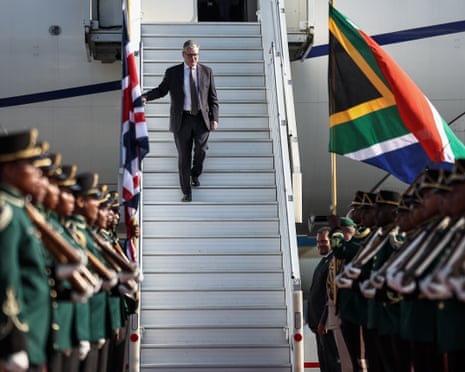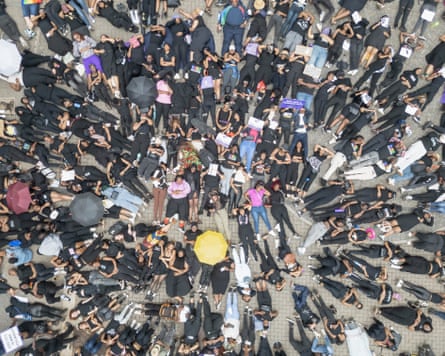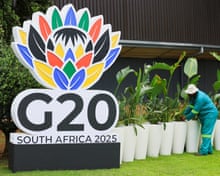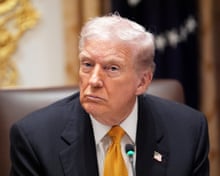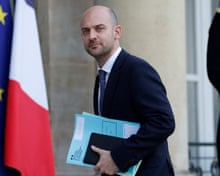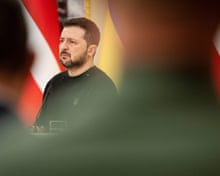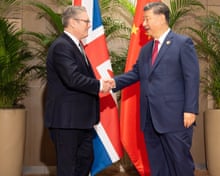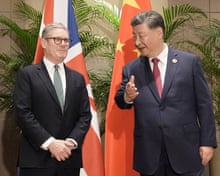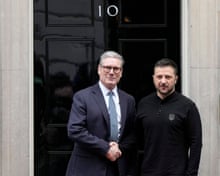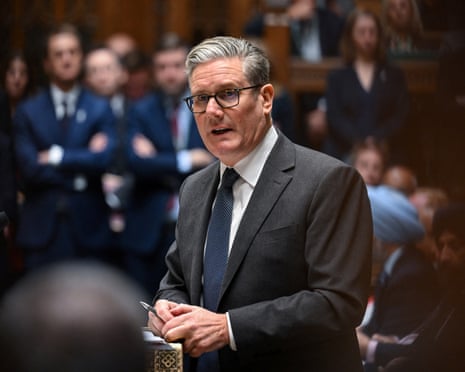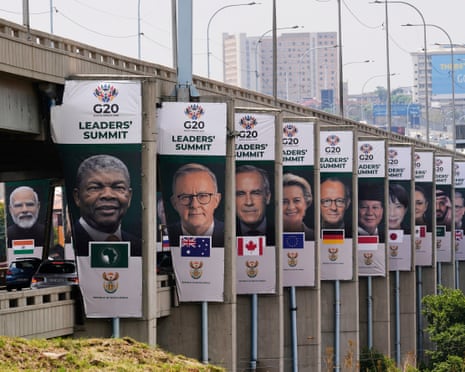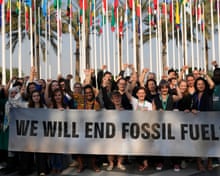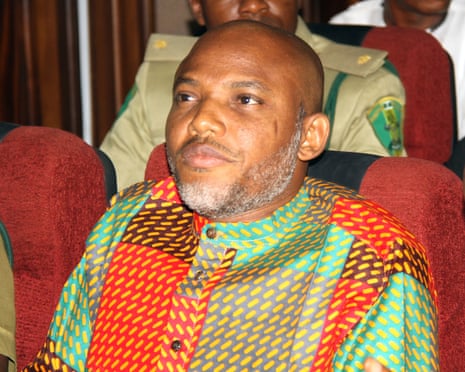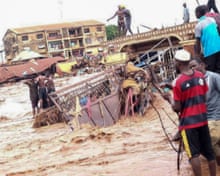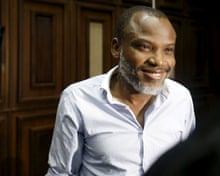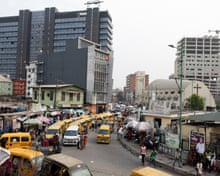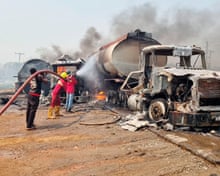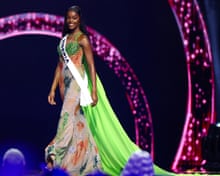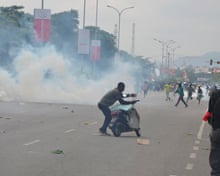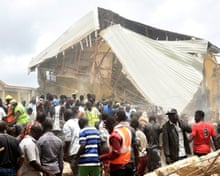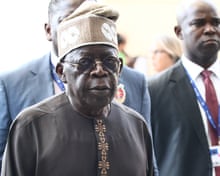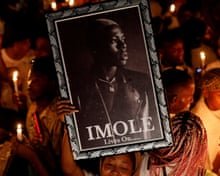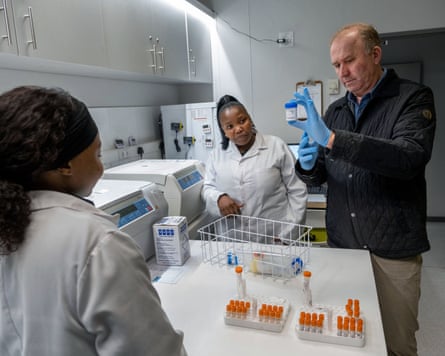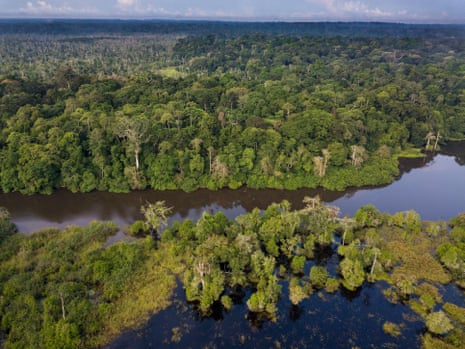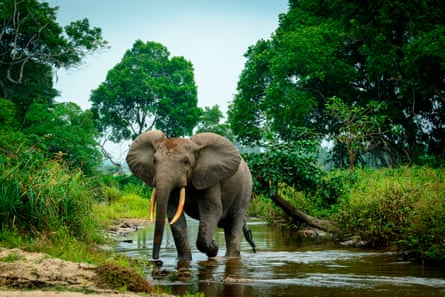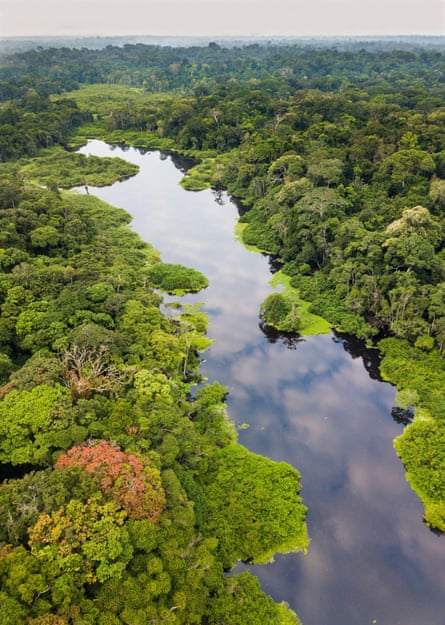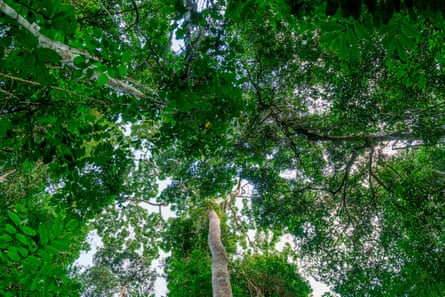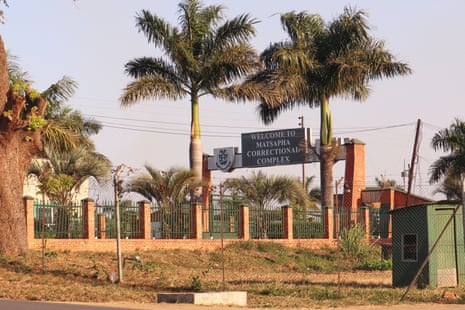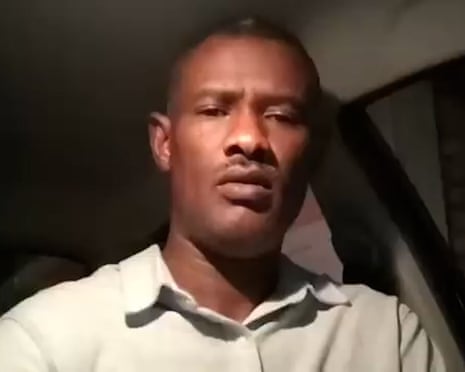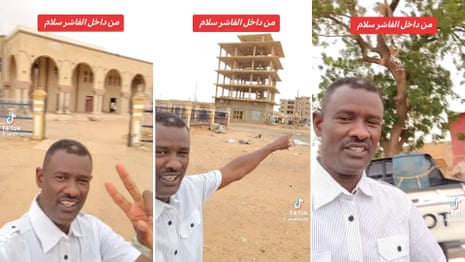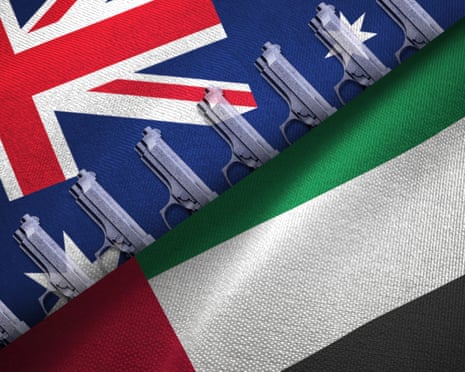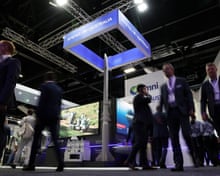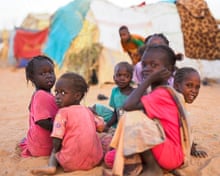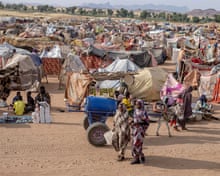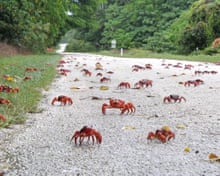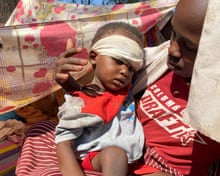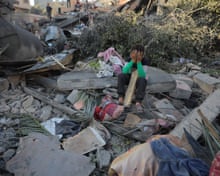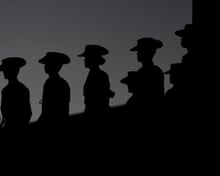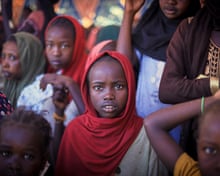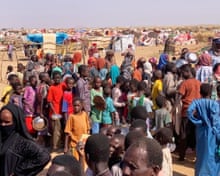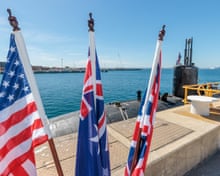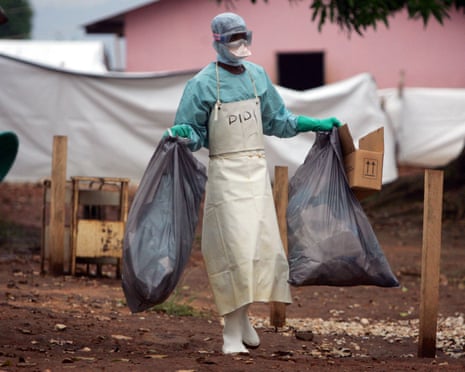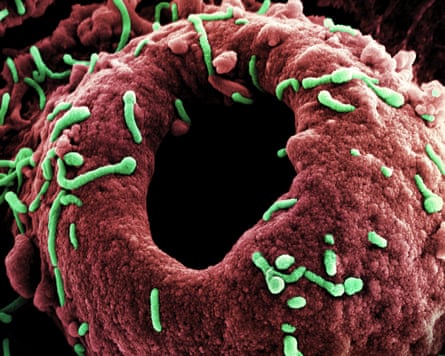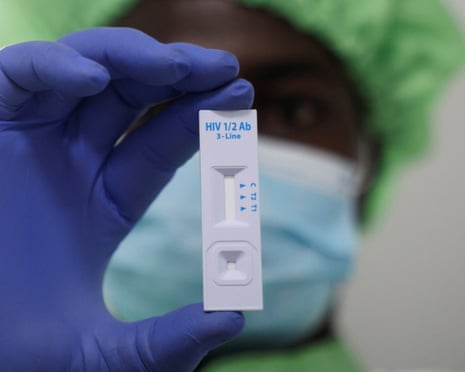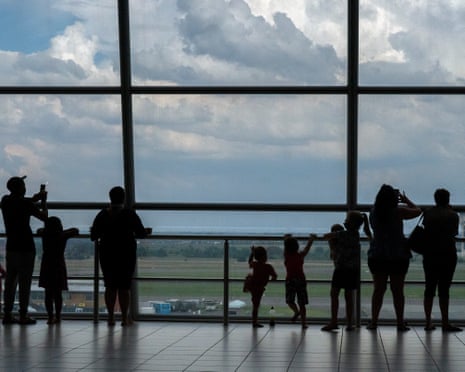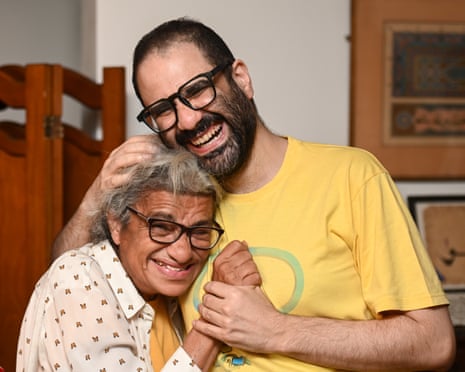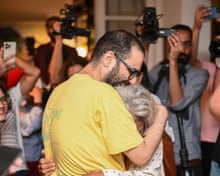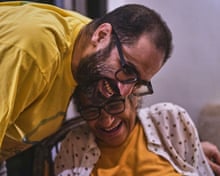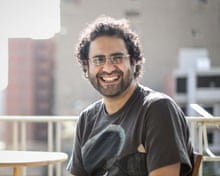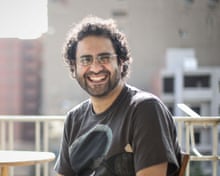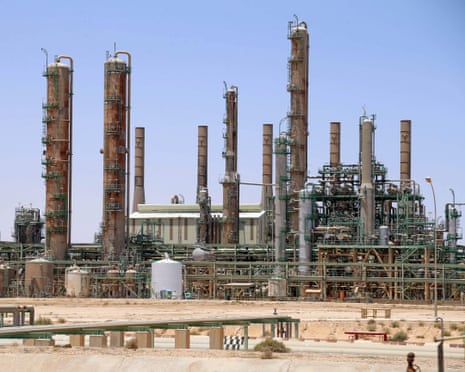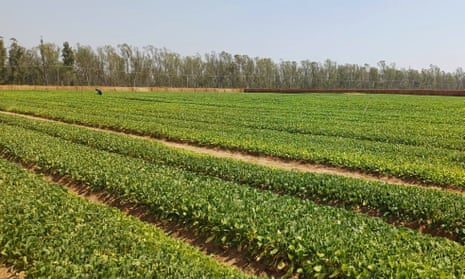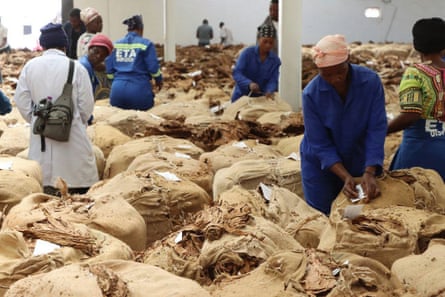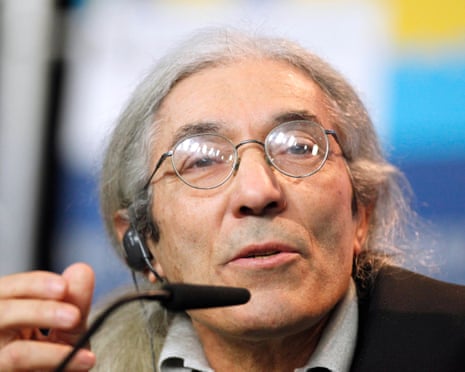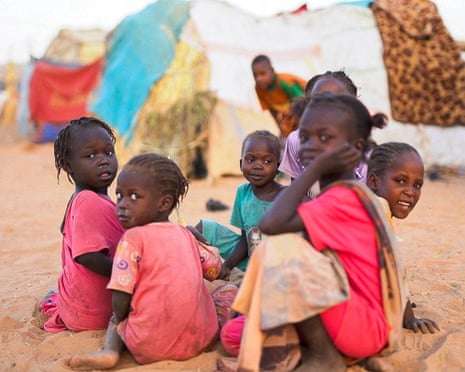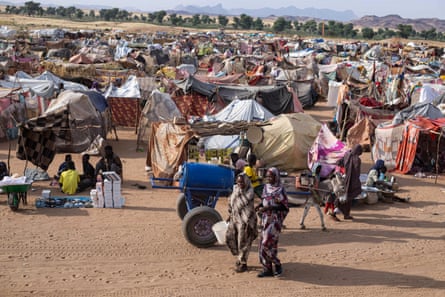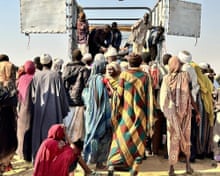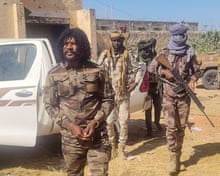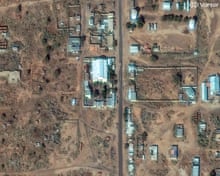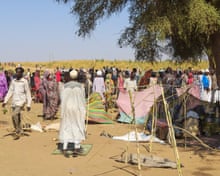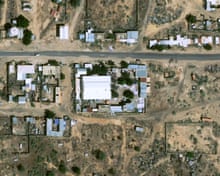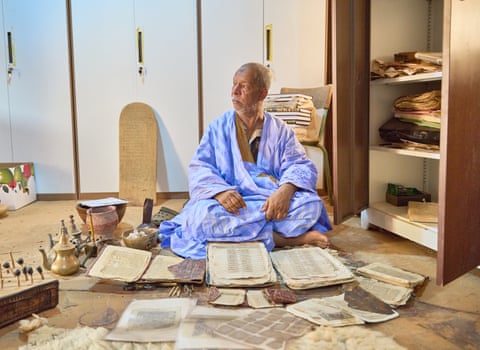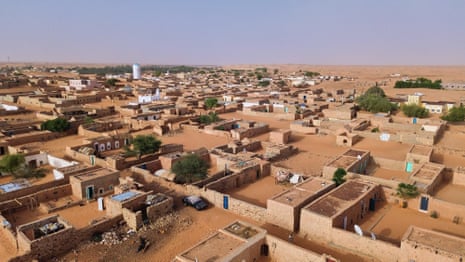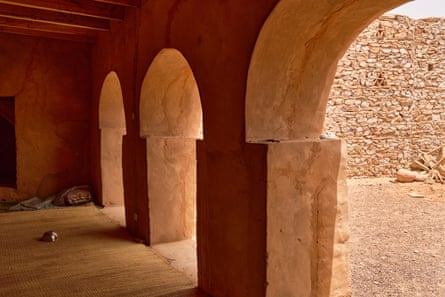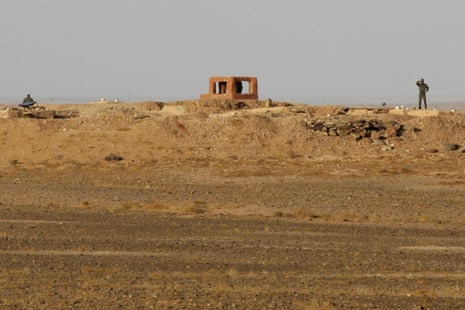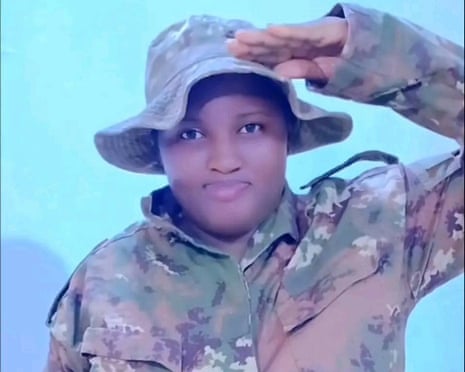Nigeria reels after 215 children taken in second mass school abduction in a week
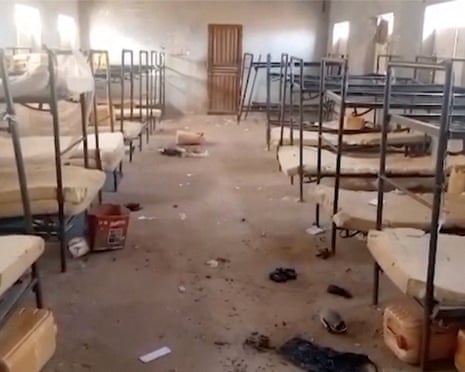
Unknown gunmen have abducted an unidentified number of students from a Catholic school in central Nigeria, the second mass abduction in the country in a week.
The latest kidnapping, in Papiri community in Niger state, came against the backdrop of Donald Trump’s threat to intervene militarily to end a “Christian genocide”, which the Nigerian government has denied is happening.
“The Niger state government has received with deep sadness the disturbing news of the kidnapping of pupils from St Mary’s School in Agwara local government area,” Abubakar Usman, the state government secretary, said in a statement.
Niger, the biggest of the country’s 36 states, runs west from the capital, Abuja, to neighbouring Benin. The incident in the early hours of Friday is the third documented mass school abduction in the state in the last decade. In the last attack in Niger state, in May 2021, 135 pupils were abducted from an Islamic seminary, six of whom died while being held.
On Monday, gunmen stormed a girls’ boarding school in neighbouring Kebbi state, abducting 25 schoolgirls and killing the vice-principal. According to local reports, security forces had relayed information about the plot and spent the night guarding the school but left the scene early.
“The heavily armed security personnel spent time taking photographs with the students, only to abandon them 30 minutes before the attack,” the state governor said. Afterward, Nigeria’s president, Bola Tinubu, ordered junior defence minister Bello Matawalle to relocate to the state to help with rescue efforts.
No group has claimed responsibility for the attacks, but analysts and locals say gangs often target schools, travellers and remote villagers in kidnappings for ransom. Authorities say the gunmen are mostly former herders who have taken up arms against farming communities after clashes over strained resources.
Africa’s most populous nation is beset by multiple overlapping insecurity crises across its central and northern states, of which kidnapping for ransom is just one facet.
On Monday, the extremist group Islamic West Africa Province claimed responsibility for the death of a Nigerian general in north-eastern Borno state. Iswap also released footage of his death as well as WhatsApp chats about a failed rescue attempt.
Earlier this week, gunmen abducted 38 worshippers from a church in Kwara state, Niger’s southern neighbour, after a brutal attack that left at least two dead, according to church officials. The attack was seen by millions of people due to a live stream of the service that was taking place.
The kidnappers have since demanded a ransom of 100m naira (£52,662) a person, a possible indication that the kidnapping was financially motivated rather than ideological.
Regardless of motive, the scale and frequency of the attacks and kidnappings has heightened pressure on the government as it endeavours to avoid an escalating diplomatic row with the Trump administration, which has designated Nigeria a country of particular concern (CPC), a designation given to nations where the government is deemed to have engaged in or tolerated severe violations of religious freedoms.
US lawmakers such as Ted Cruz have helped spread claims of a “Christian genocide” being under way in Nigeria. Trump has since warned that US forces could go “guns-blazing” into Nigeria if the country fails to protect its Christian population. There has been a flurry of activity in US parliamentary halls and the Vatican as the situation has unfolded.
“Terrorists, separatists, bandits and criminal militias in Nigeria are all over the country, with ongoing attacks often deliberately targeting Christian communities,” Jonathan Pratt, a senior official with the US Bureau of African Affairs told Congress on Thursday.
Nigeria’s government has rejected claims of an anti-Christian genocide and says the victims of the attacks are from all faiths.
On Wednesday, Tinubu announced he was cancelling planned trips to South Africa and Angola this weekend for the G20 and AU-EU summits respectively.
